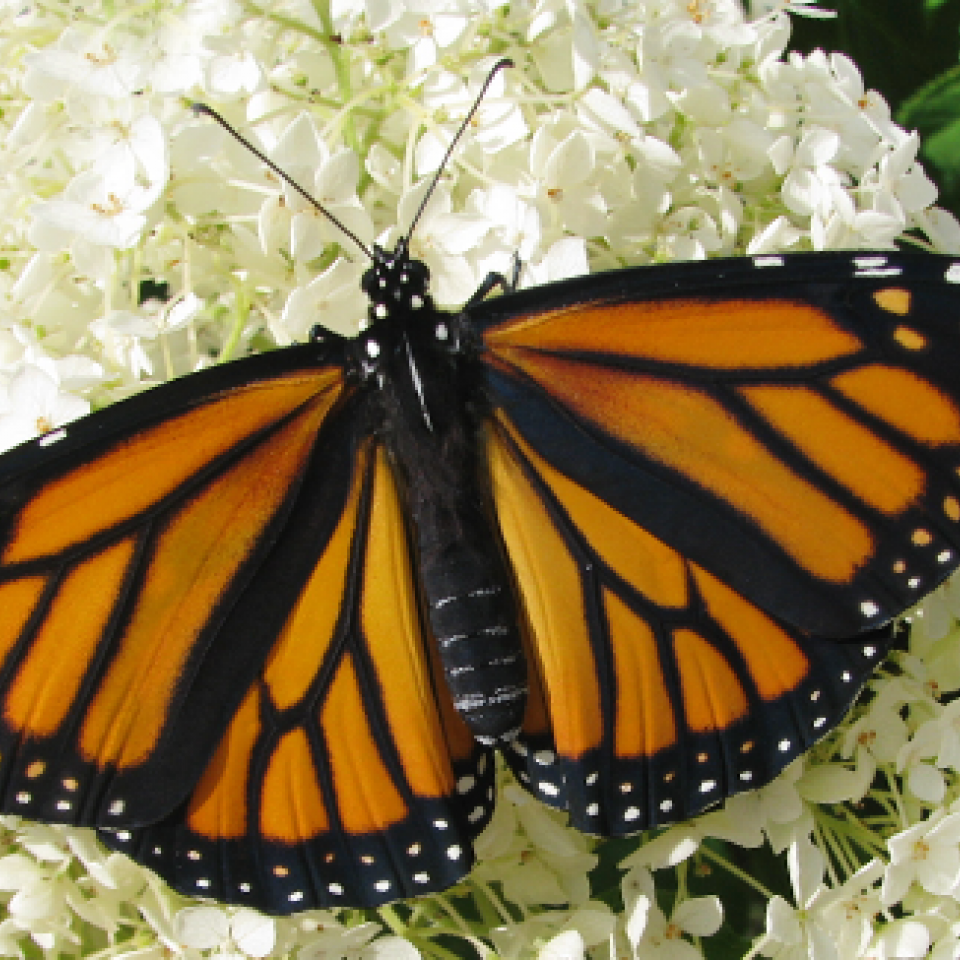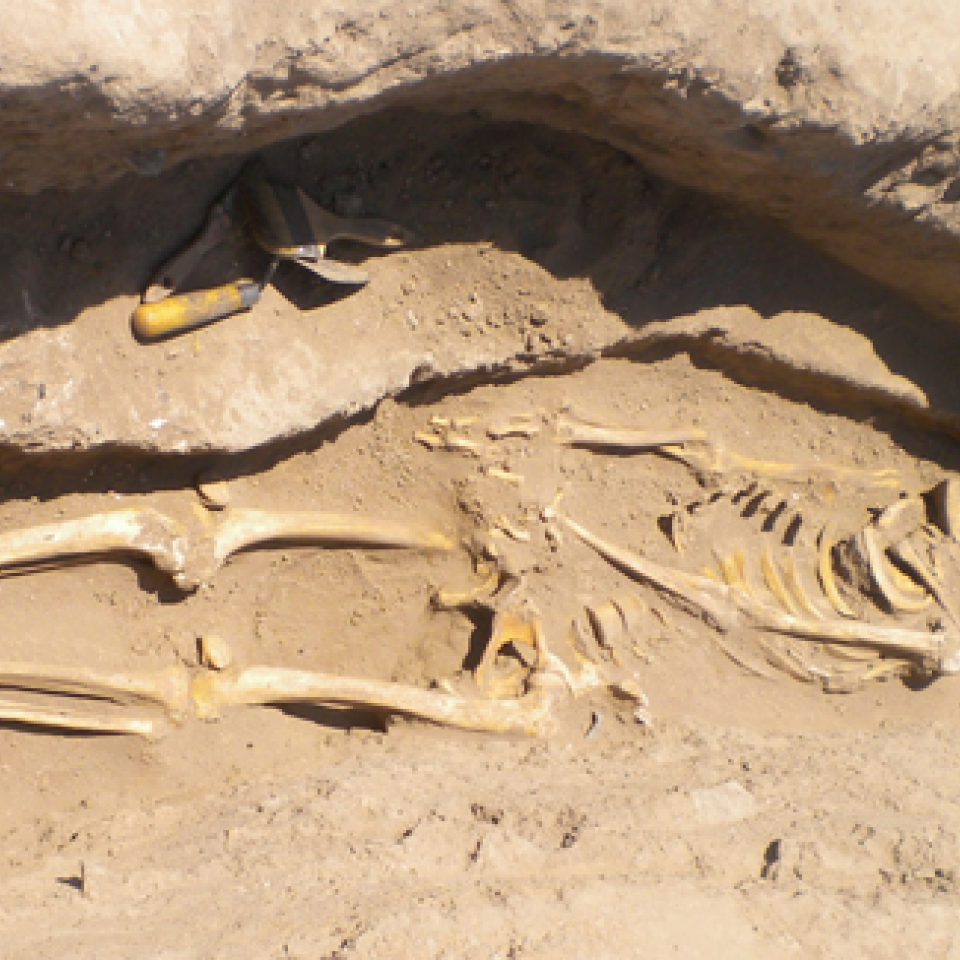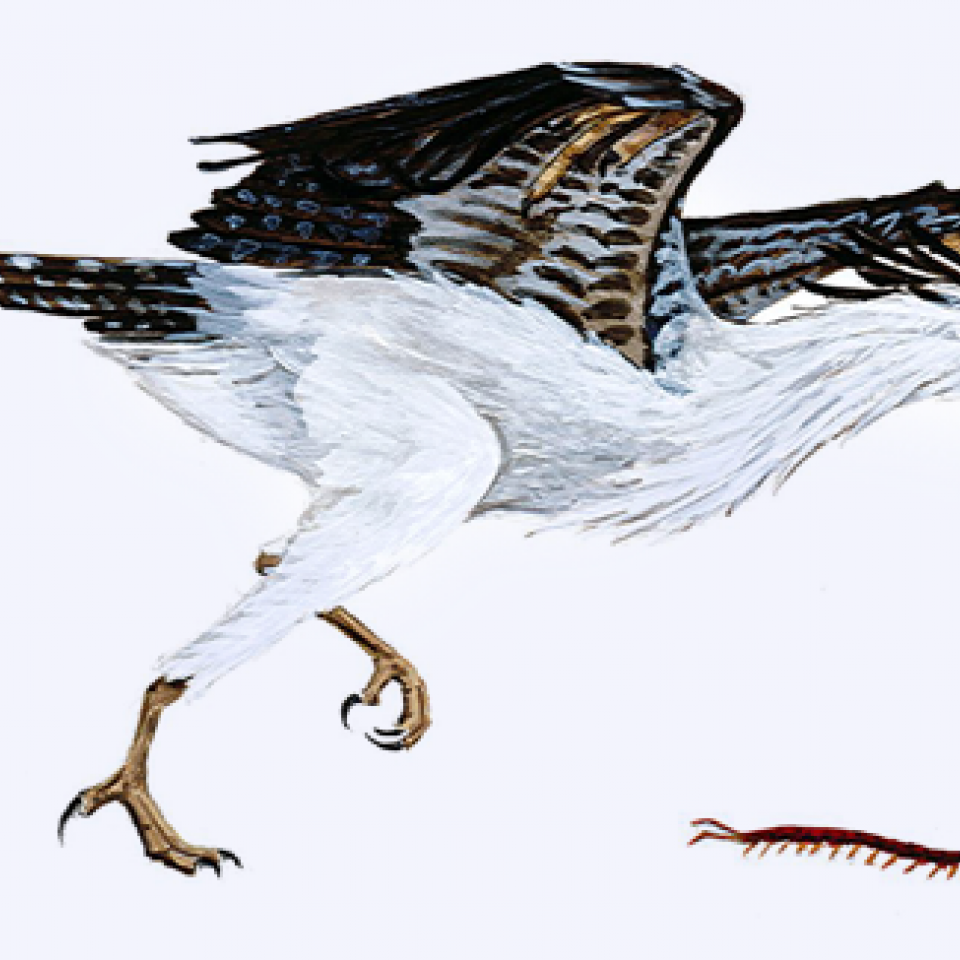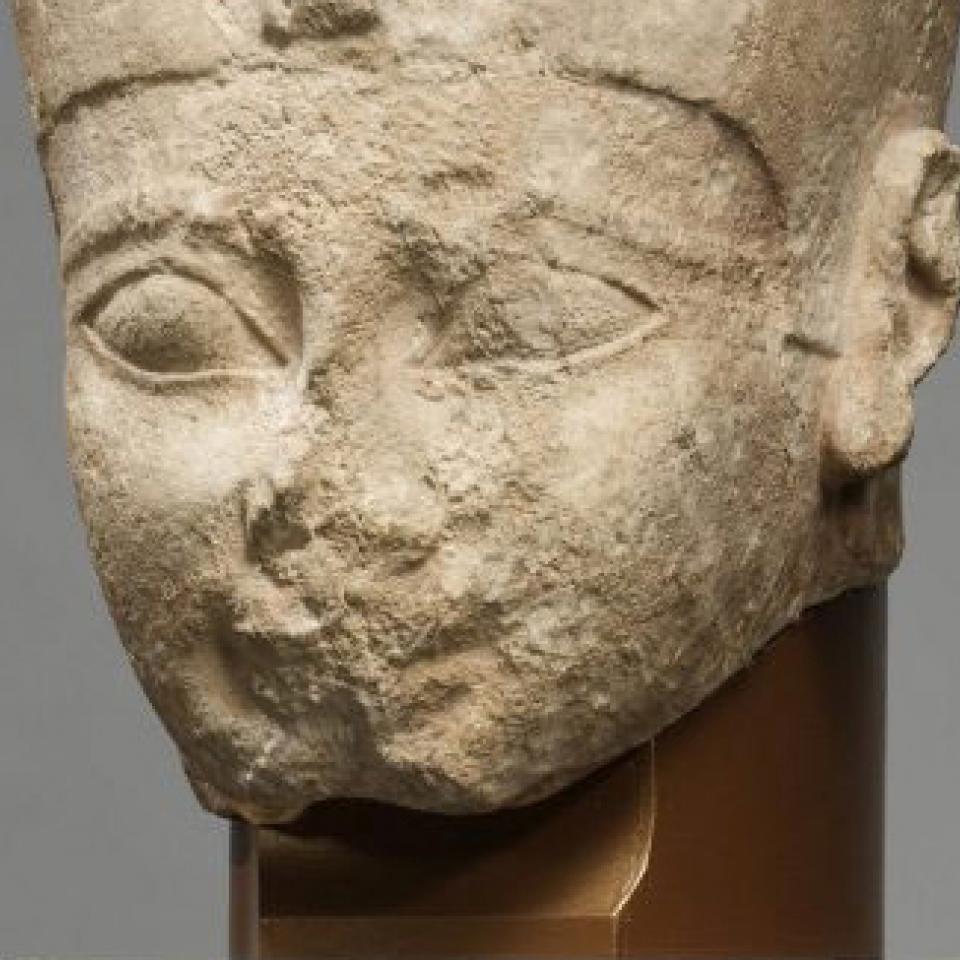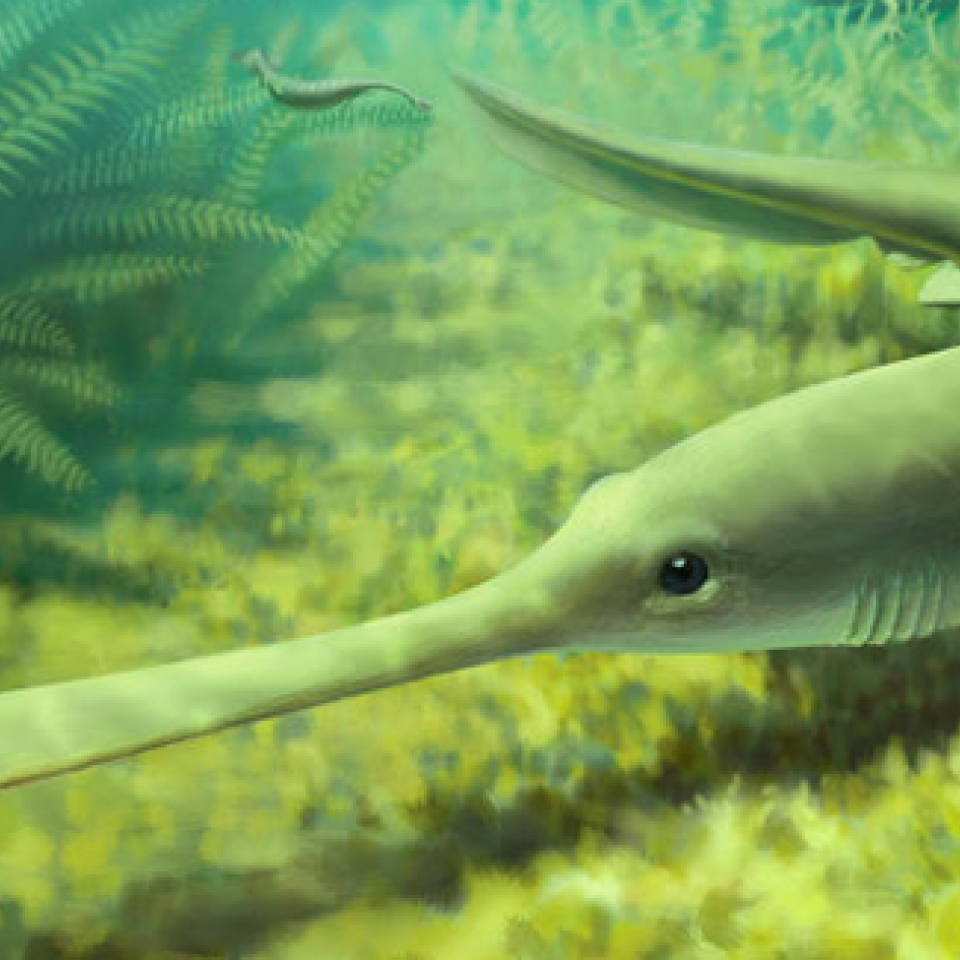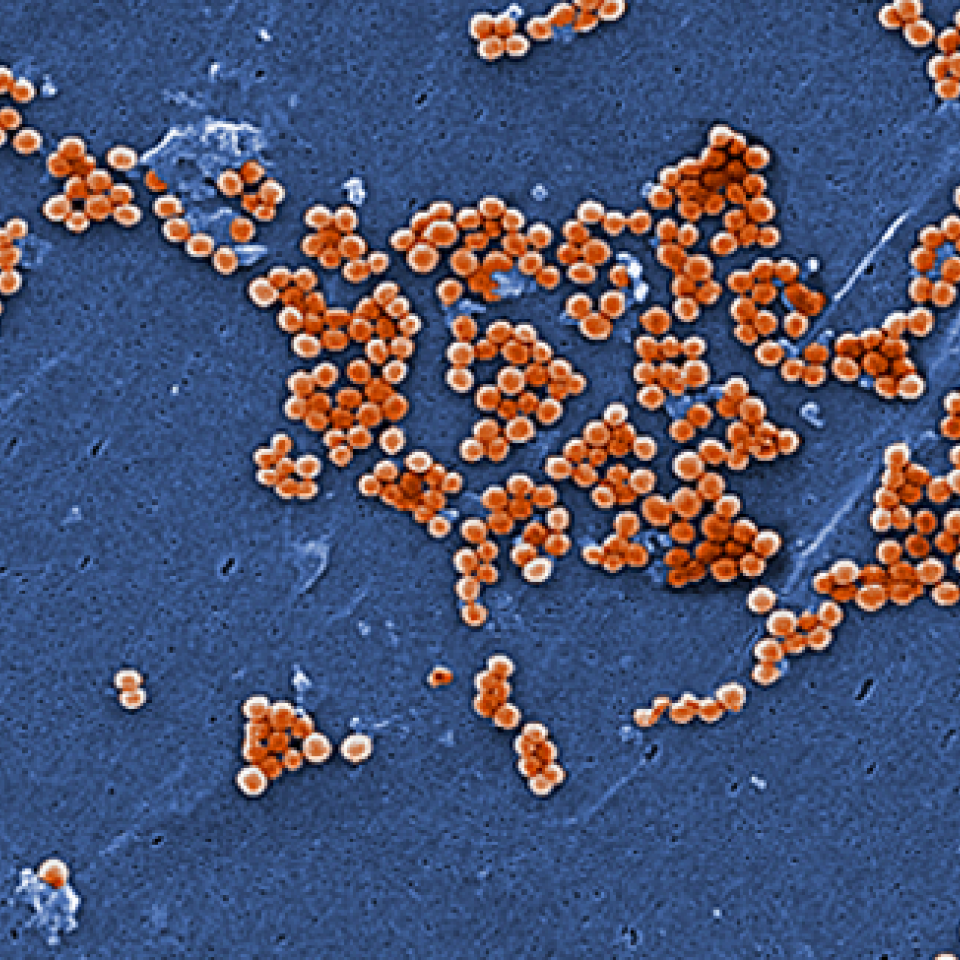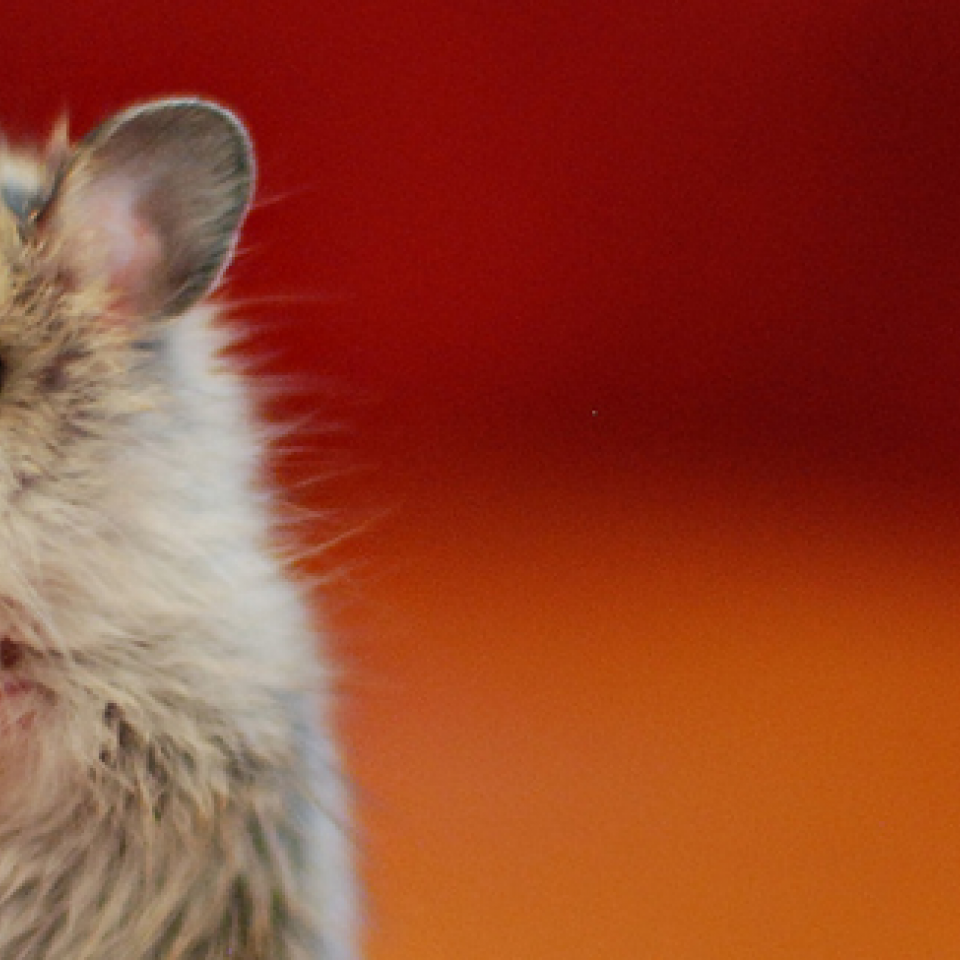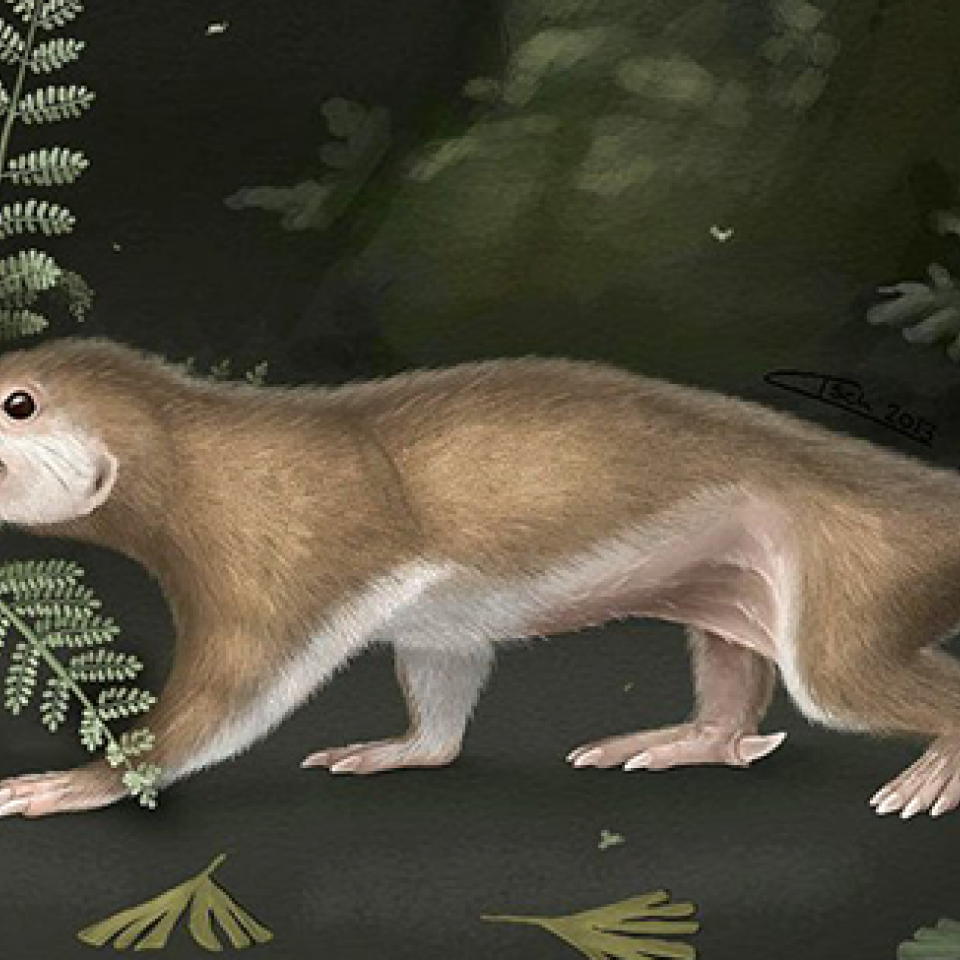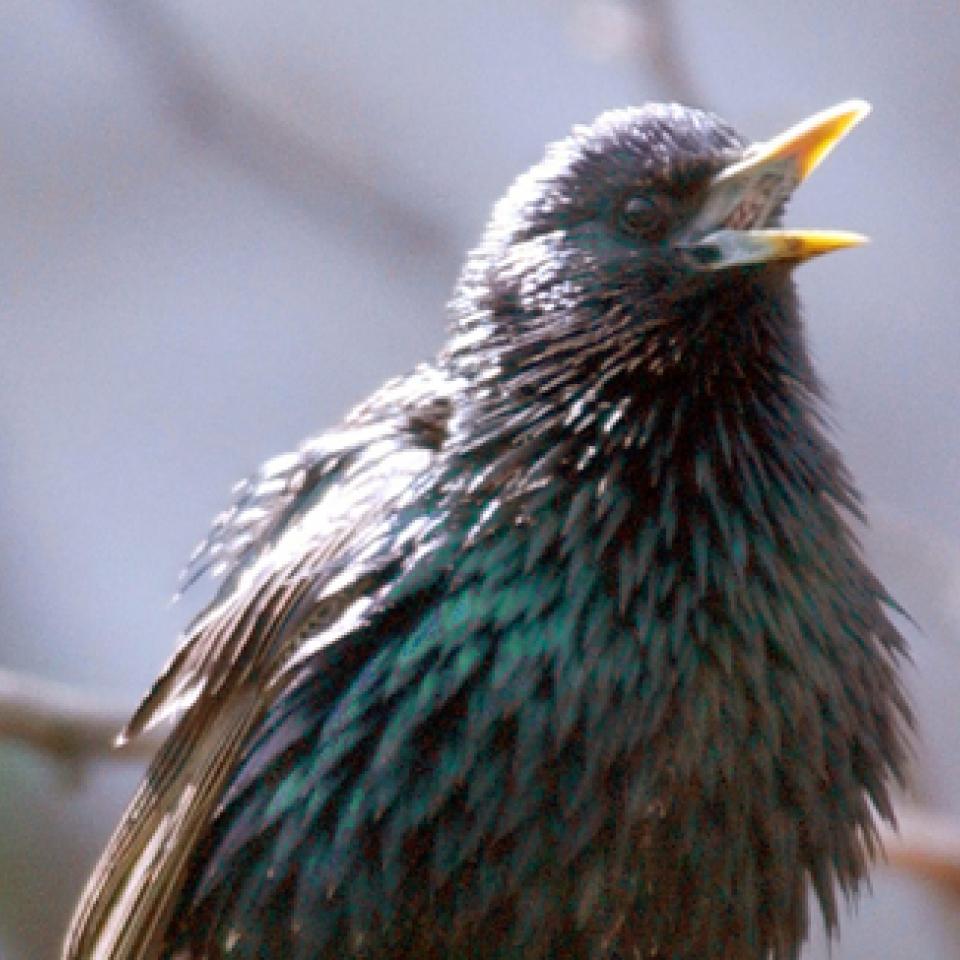Citations
“Genomic parasites” jumpstart the evolution of pregnancy, a UChicago economist recommends paying NCAA college athletes, some regulations make power plants less efficient, and neural responses predict generosity in three- to five-year-olds.
Disrupting cancer-cell division, buzz as an economic commodity, surgery that relieves apnea and asthma, and a STING operation to fight disease.
Diverse neighborhoods help babies’ social learning; microbial fingerprints follow people from place to place; old-age insomnia is not always what it seems; and scientists trace the two genes the control monarch butterflies’ colors and their capacity to fly long distances.
A human parasite gets its start in ancient Mesopotamian irrigation ditches, a gaze betrays the difference between love and lust, a prehistoric protein mutation sets the stage for modern biology, and science verifies the old adage that birds do, indeed, fly south for the winter.
Earth’s earliest birds show a strikingly narrow range of diversity, sleepless mothers pass on metabolic problems to their offspring, and early-childhood programs show benefits in Jamaica.
Autism shows a correlation to environmental toxins, the adipose fin may not be so vestigial after all, economists revisit the effects of an early-childhood program 49 years later, and an ancient weather report gets a new translation.
Prehistoric sharks that migrated like salmon, African Americans’ long commutes, babies’ nuanced social observations, and genetic findings that complicate the story of how dogs evolved from wolves.
A bacterium pits the immune system against itself, the divergent genetics of assocated diseases, labor’s shrinking piece of the pie, and how place influences transgender acceptance.
The distancing effect of superstition, new depths in earthquake research, the mechanism that winds hamsters’ biological clocks, and trustworthy insight into brain processes.
Sept–Oct/13
July–Aug/13
Researchers study how the mind multitasks, investigate the interplay between asthma and the common cold, scan the brains of incarcerated psychopaths, and see how sleep helps songbirds learn.



